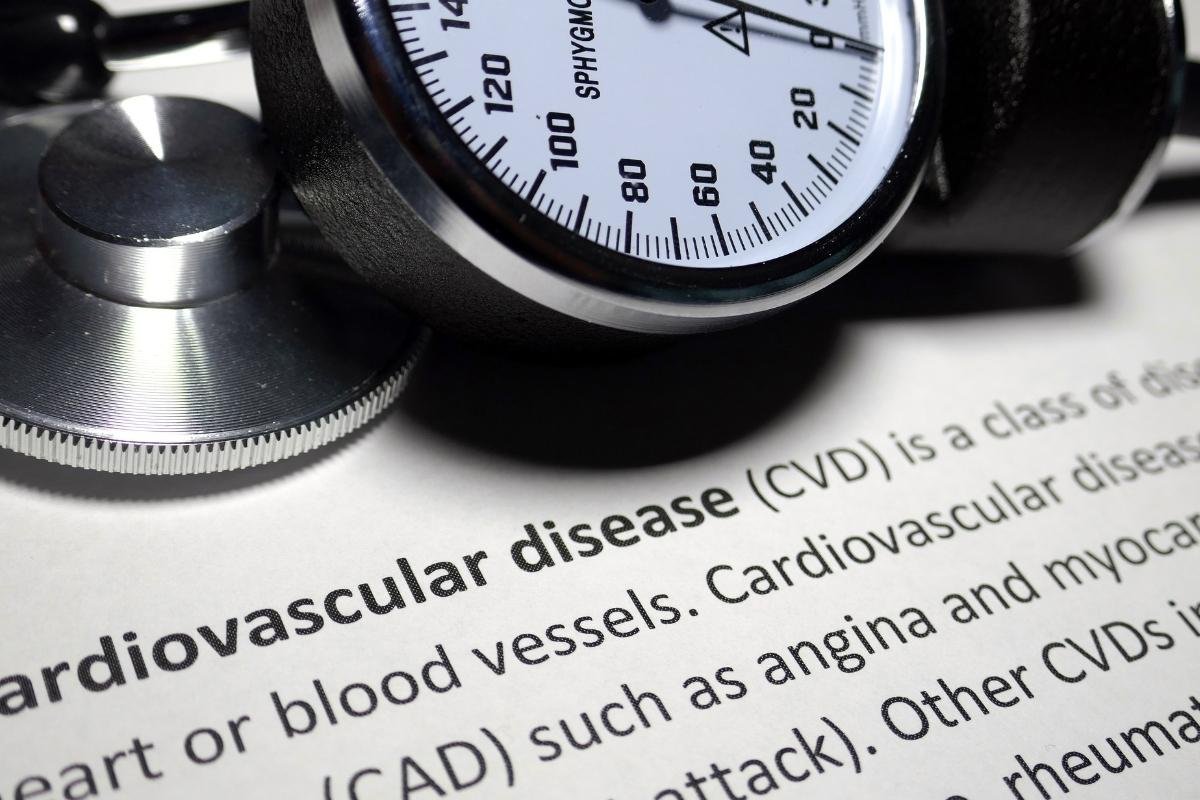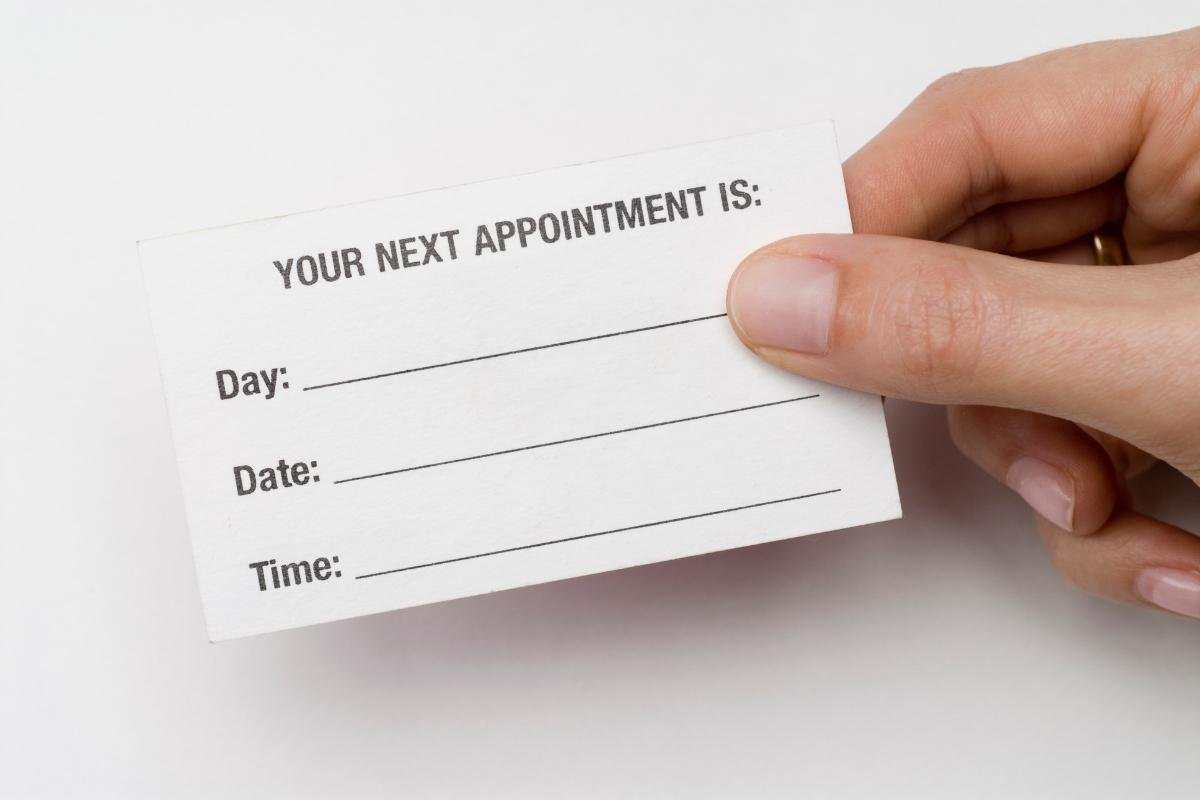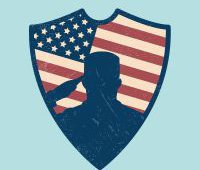Concussion Update Newsletter
See below for previous editions.
Our biweekly Concussion Update newsletter provides thoughtful synopses of new research, news related to concussions, listings of free webinars, and calls for study participants for research.
Post-concussion sleep problems associated with persistent symptoms (5/18/23 Newsletter)
A study by Samantha N. Magliato et al. found that those who reported sleep problems in an initial clinic visit developed persistent post-concussive symptoms at twice the rate of those who did not report sleep problems after a concussion.
45% of concussion patients show brain injury symptoms at six months (5/4/23 Newsletter)
A research team found that a mild brain injury can create changes in coordination between different regions of the brain (thalamic hyperconnectivity) and that these changes were related to their findings that 45% of the study participants still had symptoms such as cognitive impairment, depression, and most commonly, headaches, poor concentration, and fatigue at six months post-injury.
Athletes with sport-related concussions have increased speech errors (4/20/23 Newsletter)
thalamus connectivity predicts persistent symptoms, dad writes book to explain symptoms to his daughter, innovation in prescribing aerobic exercise therapy,mental health and youth, students not getting care, new IPV-TBI screening module
Combined exercise and biofeedback-guided breathing more helpful than either alone, preliminary findings say (3/23/23 Newsletter)
Medical cannabis helps quality of life for chronic pain, ‘cervical spine disorder,’ moderate-to-vigorous exercise as good or better for mental health than medication, NFL exposure may affect cognitive declines, Swedish pro soccer players have higher dementia risk than the general population
(3/9/23 Newsletter) Neuroprotective properties of CBD may support TBI recovery
1/3 of children get follow-up for ED mental health, prescribed rest worsens symptoms, adolescent cognitive function impaired 1-6 months, history of CTE, CTE and repeated head impacts
(2/23/23 Newsletter) Migraine medication may help with post-traumatic cervicogenic headache
concussion pathway for neurodivergent & disabled students, no cognitive issues for 3 seasons of NCAA soccer, balance training, free emergency services for veterans, high proportion of football players’ brains studied have cte
(2/9/23 Newsletter) Significant improvements in 4 former football players with possible CTE: transcranial photobiomodulation case studies
Dolphins QB concussion risk, 3+ concussions = worse cognition later in life, fatigue, saliva test, psychological conditions, school problems, neurodegenerative risk in rugby players
Medical marijuana decreases migraine length, frequency, severity, and disability level in patients (1/26/23 Newsletter)
Early return to school mitigates symptoms, NFL dangers, BPPV after concussion, natural remedies for concussion, vestibular rehabilitation helpful, Brain fog in concussion patients, academic experience after concussion, soccer players have worse brain health at 65
(1/12/23 Newsletter) New national concussion awareness coalition from Brain Injury Association of America, Abbott, and 16 other organizations
NYT reviews QCollar; NFL Cannabis restrictions; CGRP protein induces migraines; WaPo answers concussion questions; standardized heart rates work for exercise therapy; postconcussion and depression symptoms associated; PTSD, TBI, & APOE ε4 increase alzheimer’s risk
(12/15/22 Newsletter) Boswellia serrata extract found to have cognitive benefits for traumatic brain injury patients
CBD has therapeutic benefits, undiagnosed concussions affect baseline tests, multidisciplinary clinics, TBI contributes to veteran suicide, medication overprescription for anxiety & PTSD, concussions affect kids’ school performance, domestic abuse survivors more likely to get TBIs than athletes, racial differences in adult ED visits
(12/1/22 Newsletter) Depression app clinical trial: Center for Neuroscience and Regenerative Medicine recruiting Service Members & Veterans for Remote CBT Study
Australians need improved provider training & multidisciplinary care centers, microRNA saliva test for persistent symptom risk, socioeconomic & racial disparities in pediatric adherence & referrals, jury finds NCAA not liable in wrongful death suit
(11/10/22 Newsletter) NIH formally acknowledges that CTE is caused partly by repeated TB
All college students need Return-to-Learn, drug reduces neuronal & cognitive impacts, increased delta brain waves, resting connectivity deficits & working memory, concussions & suicidal behavior, youth E-scooter injuries, screening IPV survivors for TBI, NCAA facing trial for wrongful death
(10/27/22 Newsletter) PolarCap’s head cooling speeds recovery in hockey players
Neuroscientist breaks down concussion, moderate screen time okay, nutritional interventions may be helpful, preexisting mental health conditions lead to higher SCAT5 scores, turf fields lead to harder falls, specialization increases injury risk, medical journal retracts more McCrory articles
(10/13/22 Newsletter) Will transcranial magnetic stimulation treatment improve post-concussion symptoms?
Commission findings on TBI, nature walks calm brain’s stress regions, HBOT for pediatric PPCS, delays to specialty care prolong youth recovery, NFL concussion protocol fails, former rugby players 15x more likely to develop neurodegenerative disease
(9/29/22 Newsletter) Study finds traumatic brain injury (TBI) is a “significant risk factor” for cardiovascular disease (CVD) in study of post-9/11 Veterans
risk for lower academic standing, pupillometry-based diagnosis, transitioning from telework, complementary supplement therapy, TBI linked with adolescent behavioral & mental health issues, females under-represented in consensus research, white matter damage and suicide
(9/8/22 Newsletter) Almost 75% of Emergency Department concussion patients aren’t recovered at 2 weeks
MD students need more education, British soccer trials youth header ban, concussion history and elevated symptoms, FIFA World Cup to use VR diagnostic, 1-in-3 kids get PPCS, headgear reduces women’s lacrosse concussions, TBI correlated with homelessness risk
(8/25/22 Newsletter) Free Courses & New Resources
New training courses & webinars, TBI training for law enforcement, padded NFL helmets, acute functional connectivity predicts chronic pain, CBT for depressed vets, mTBI and depression, check for orthostatic tachycardia, King Henry had TBIs
(8/4/22 Newsletter) Study finds causal link between repeated head impacts and CTE
Bodychecking experience doesn’t reduce hockey concussions, visio-vestibular deficit risk factors, eye tracking problems with acute/persistent concussions, regaining identity with post-concussion-symptoms, blood test on neurodegeneration, CBT for headaches & PTSD in veterans, mental health disability risk in collegiate athletes, Increases in childhood consumer-product related TBIs, concussion management gaps in schools, rugby players issue class-action suit
(7/21/22 Newsletter) Electroacupuncture may improve sleep quality in patients with depression
Canadian app helps patients track recovery, 1st MLS player with CTE, psychedelics for veterans, reducing unnecessary CTs, neck sensor patches catch head acceleration, prompt mental health interventions promote recovery & return to work, concussion history increases suicide attempt rate among young people of color with depression, age of first concussion, prevention strategies for girls’ rugby
(7/7/22 Newsletter) Study finds acupuncture effective at treating chronic tension-type headaches
Long-term concussions in youth sports, head impact exposure increases concussion susceptibility, longer white matter tracts more susceptible to injury, green space helps cognition in middle-aged women, nanomaterials for concussion treatment & diagnosis, managing anxiety, 3 or more concussions increase risk of symptom persistence, optometrists can help domestic violence survivors, better safety laws, microglia and neuroinflammation














































